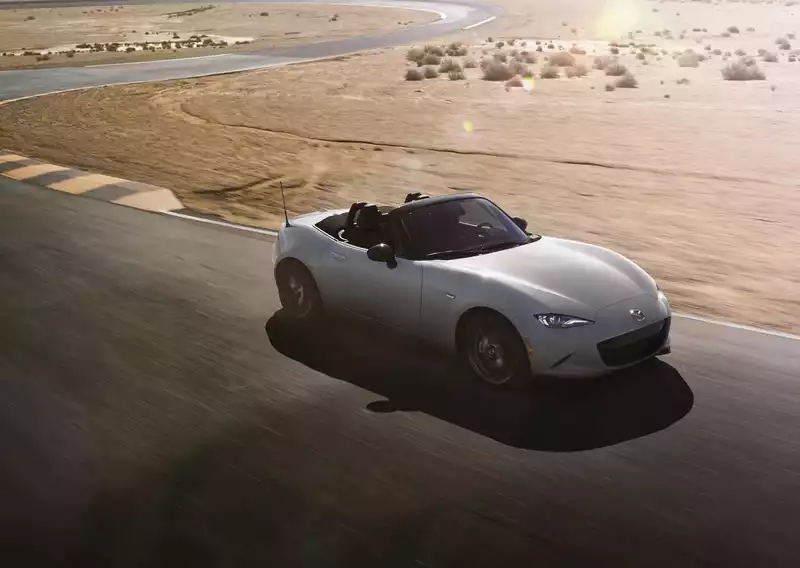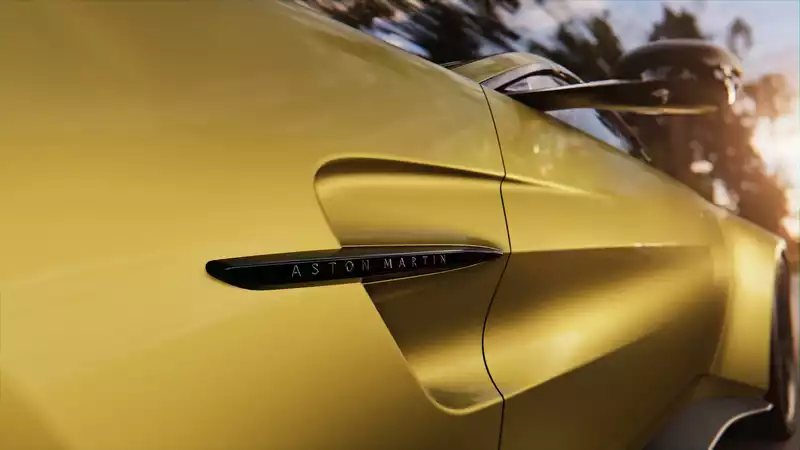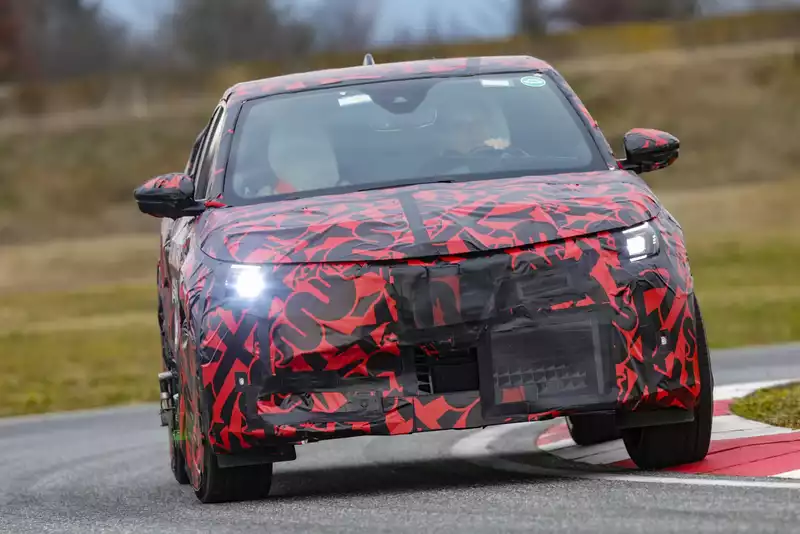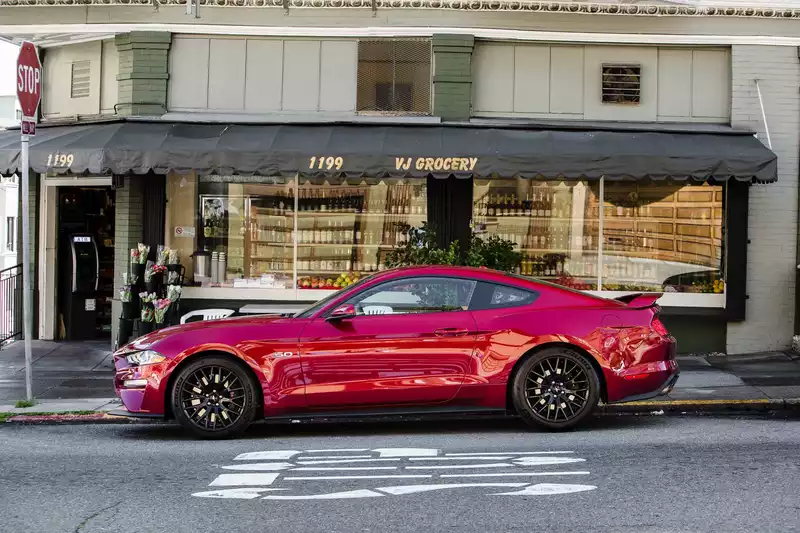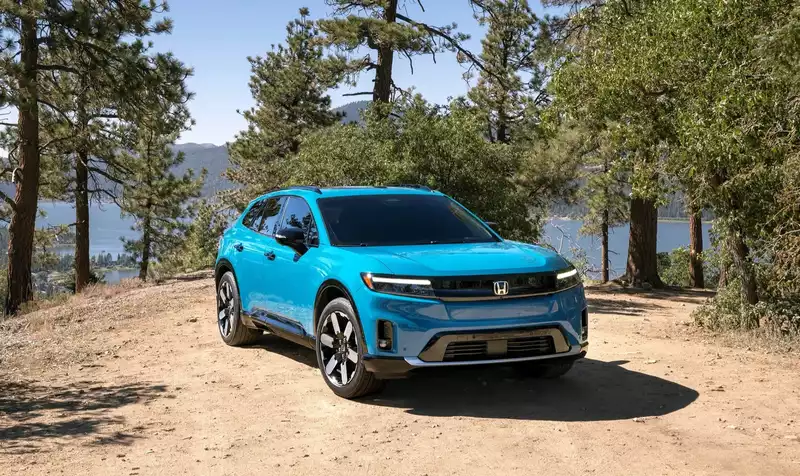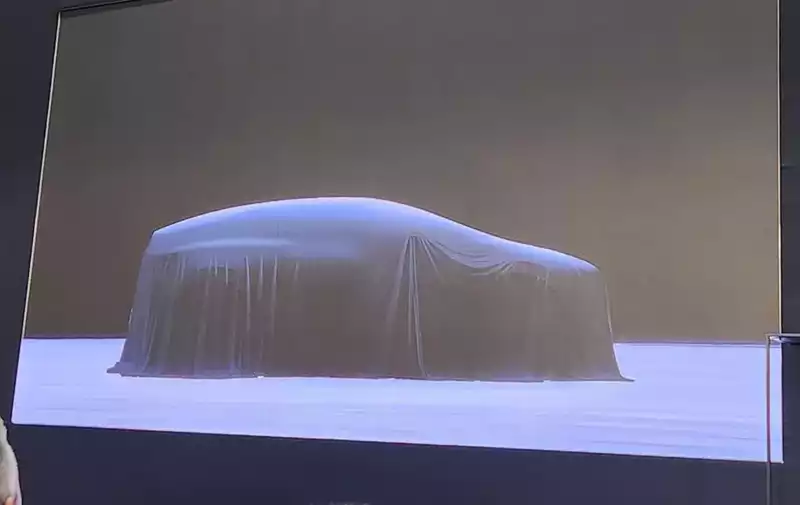Patent documents reveal Ferrari's plans for an EV.
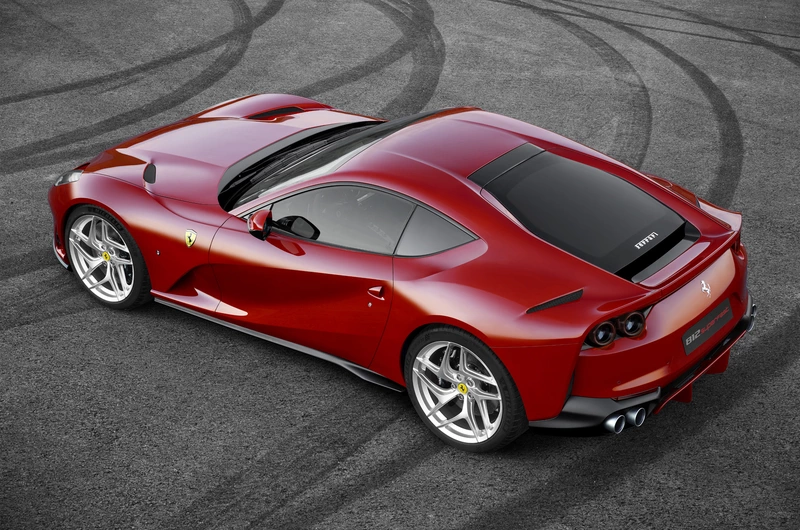
Ferrari CEO Luis Camilleri said late last year that the company does not intend to launch an electric car before 2025, but that does not mean that Maranello's engineers have not already developed the technology to be incorporated into an electric car.
A patent application filed by Ferrari with the European Patent Office, recently discovered by a member of Porsche's Taycan form, gives some insight into potential plans for Ferrari's first EV.
The application relates to several patents, the core of which is what Ferrari calls a modular motor (MM). This is a modular electric drive system consisting of an electric motor-generator (EM) and a gearbox (GTC).
The modular motor is designed to be mounted on either axle, and one diagram shows the layout of a vehicle with four units, one on each wheel, creating an electric all-wheel drive system.
One of the applications is to use the modular motor at the front axle, suggesting that in future hybrid models, this unit could work with the internal combustion engine at the rear axle. Ferrari has already gone this route with the SF90 Stradale, with two of the three electric motors on the front axle.
Importantly, the patent application makes no mention of a battery. This is related to Camilleri's comment in an interview with Reuters last year that Ferrari's first EV will not appear before 2025 due to a lack of battery technology. It appears that Ferrari will work on the drive system first and integrate the battery when more advanced technology becomes available, such as a lighter, higher density solid state battery or, given the rapid advances in the battery field, something entirely different.
Camilleri said in the same interview that Ferrari's first EV will likely be a grand touring style model, and that the supercar will continue to be powered by V-8 and V-12 engines for the foreseeable future.
Before EVs arrive, Ferrari will rapidly expand its hybrid lineup, planning to electrify 60% of its lineup by the end of the current product plan, which runs through 2022. The company is also considering further alternatives, including the use of hydrogen and biofuels.
